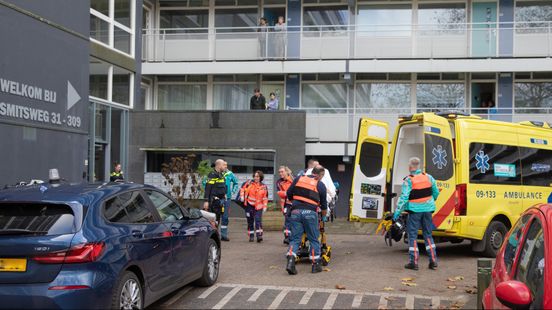Young people between the ages of 12 and 18 can be prosecuted under juvenile criminal law. Sometimes this also applies to young adults up to the age of 23, for example if they have developmental delays or intellectual problems. A punishment or measure under juvenile criminal law must protect society, prevent recurrence and stimulate the development of young people.
Young people who receive juvenile detention end up in a juvenile justice institution. There they live together in groups of about 10 people. They eat and exercise together and go to school or do an internship together. In detention they also learn social skills and better coping with anger. Juvenile detention lasts a maximum of 1 year for young people between 12 and 15 years old and a maximum of 2 years for young people aged 16 or 17.
There is also criticism of the situation in youth prisons. According to experts, vulnerable young people within the group can be dominated by dominant young people. As a result, a stay in youth detention for these young people could actually have negative consequences for their behavior and future.
